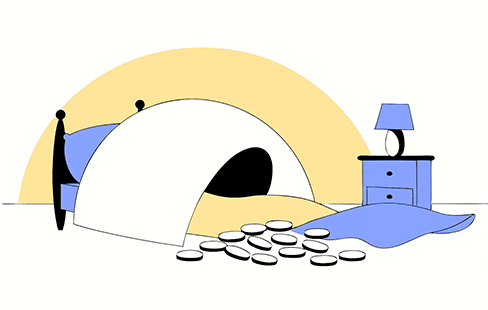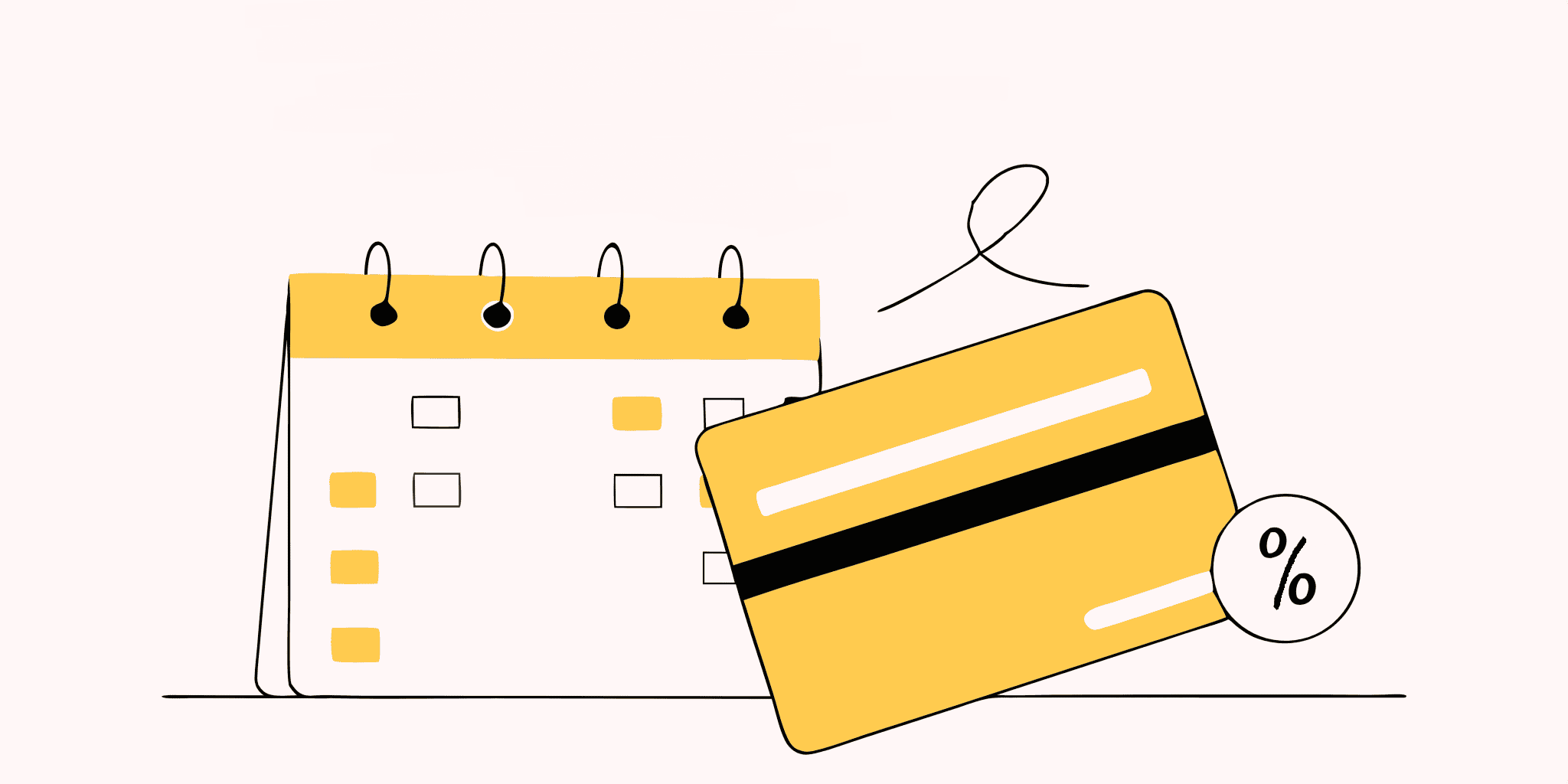When should you start thinking about retirement?
Pension is associated with something distant, grey and completely irrelevant. But the truth is that the best time to think about old age is when you are young. And this is not a joke, but simple mathematics. All thanks to the power of time and compound interest. Imagine that you set aside a small amount every month — for example, £1,000. If you start doing this at the age of 25 and invest this money at least at 10% per annum, by the age of 65 you could have over £6 million. And if you start at 40, this amount will be reduced by almost three times. The point is that money has the ability to ‘work.’ And the more time it has to do so, the more it can earn. This is called the compound interest effect: when you earn profit not only from what you save, but also from what you have already accumulated.
But there is one more important thing to remember: pension planning is not about ‘thinking about old age,’ but part of your lifelong financial plan. Just as you plan a trip, buying a car or an apartment. It's just that another item is added to this list of big goals — to live peacefully when it's time to retire from work. So no, thinking about retirement at the age of 20 is not strange, boring or premature. It's mature, practical and truly smart. And you'll definitely thank yourself for such foresight in 30 years' time.
How much should you save to ensure a comfortable retirement?
No one wants to face retirement knowing that after their last paycheck, difficult times will follow when their stable monthly income will decrease several times over. To avoid this, you need to assess in advance how much money you will need to live comfortably in the future and gradually work towards that goal.
Experts advise starting by setting aside 10% of your monthly income. This is an amount that you are unlikely to notice much in your daily expenses, but it works wonders in the long run. For example, if you earn £30,000, setting aside £3,000 is quite realistic. And after 30–35 years of regular contributions, this amount (together with interest) can turn into capital sufficient for a secure retirement and spoiling your grandchildren.
How to calculate your pension target:
- Imagine how much money per month you would be comfortable having in retirement (for example, £30,000).
- Multiply this amount by 12 months and the number of years you plan to spend in retirement (for example, 20 years).
- Add to this the inflation rate and the possible cost of medical expenses.
- The result is an approximate amount that you need to save — and this is no longer scary maths, but a specific goal to work towards.
At first, the amount may seem overwhelming, but you have several decades to reach your goal, so don't be afraid of large numbers. Start with small savings, but make them a habit. And when your income grows, increase your contributions. And don't forget about the tools that will help you achieve your goals more effectively. But we'll talk about them later.
Where to store your future pension: savings instruments
Saving for retirement is a good, responsible and truly adult thing to do. But it's even better to do it wisely, so that your money doesn't just sit in some secret place, but works for you. Fortunately, today there are many tools that allow you to save profitably.
Long-term deposits are a classic option: stable, predictable, and without unnecessary risks. If you are saving money for the future and do not plan to touch it, a 12+ month fixed-rate deposit will allow you to earn more than simply keeping it on your card. It will also help you avoid spending your savings impulsively.
Non-state pension funds (NPFs) are a long-term story. You contribute small amounts every month, and the fund invests them on your behalf in government bonds, real estate, stocks, etc. It is important to choose a proven, transparent fund with a good reputation. The plus is tax breaks, the minus is limited flexibility and risks if the company is unscrupulous.
Investment accounts, government bonds, ETFs — for more advanced users. If you have at least a basic knowledge of investing, you can try domestic government bonds (OVDP) or ETF funds — this will allow you to earn a higher return than a deposit. But remember about diversification, patience and risks.
If you are looking for something simpler and more reliable, the GlobusPlus mobile app is a convenient solution for gradual accumulation. It offers:
- Deposits with favourable interest rates — with different terms and the possibility of replenishment;
- 5% on the balance with the GlobusPlus Light card — even if the funds are just sitting in your account, they generate income;
- convenient interface — you can see the progress of your savings, which motivates you to keep going.
This is the option where everything works in the background, and you gradually move closer to a comfortable financial retirement. In fact, saving is not difficult at all — you just need to find the tool that works for you.
Financial motivation for planning pension savings
The best way to save is to remove the human factor. It is our indecision and emotionality that often lead to all our savings being gradually spent on trifles. So, rule number one for stable saving is: ‘Save first, then spend.’ It's like paying yourself first: you set aside an amount (at least 10% of your income), save it immediately after receiving your salary, and only then plan the rest of your expenses.
Saving is not a sprint with instant results, but a marathon in which the main thing is to keep up the pace. In order not to drop out of the race, you need to properly organise not only your budget, but also your motivation:
- Break down your overall goal into smaller steps. Instead of the abstract ‘save for retirement,’ set shorter and more realistic goals: in 3 months, save the first £10,000; in a year, build up a fund equal to 2-3 months' expenses. When you achieve these small goals, it becomes easier to stick to your plan and move forward.
- Use trackers and visualisation, because visible progress motivates you even more. Try keeping track in a special financial app or spreadsheet, drawing a savings scale, or keeping a ‘financial map’ with your monthly achievements. Even the simplest mark ‘💰’ for each month is proof that you have succeeded;
- praise yourself for your consistency and persistence in achieving your goal. For example, for stable savings over 6 months, buy yourself something nice (but within a reasonable budget, of course), and for a whole financially successful year, reward yourself with a day at the spa or a weekend trip to another city. This is not a betrayal of your budget, but recognition of your efforts, because financial endurance is also work that deserves applause (or new headphones).
Remember: every hryvnia you save is your peace of mind in the future, your self-confidence and freedom of choice. You are not just investing in money — you are investing in yourself. So don't wait for the perfect moment, start thinking about your pension right now to always be in the black.






